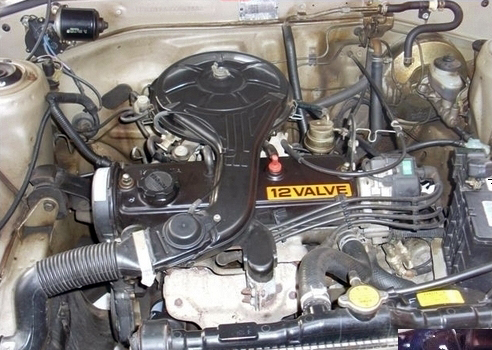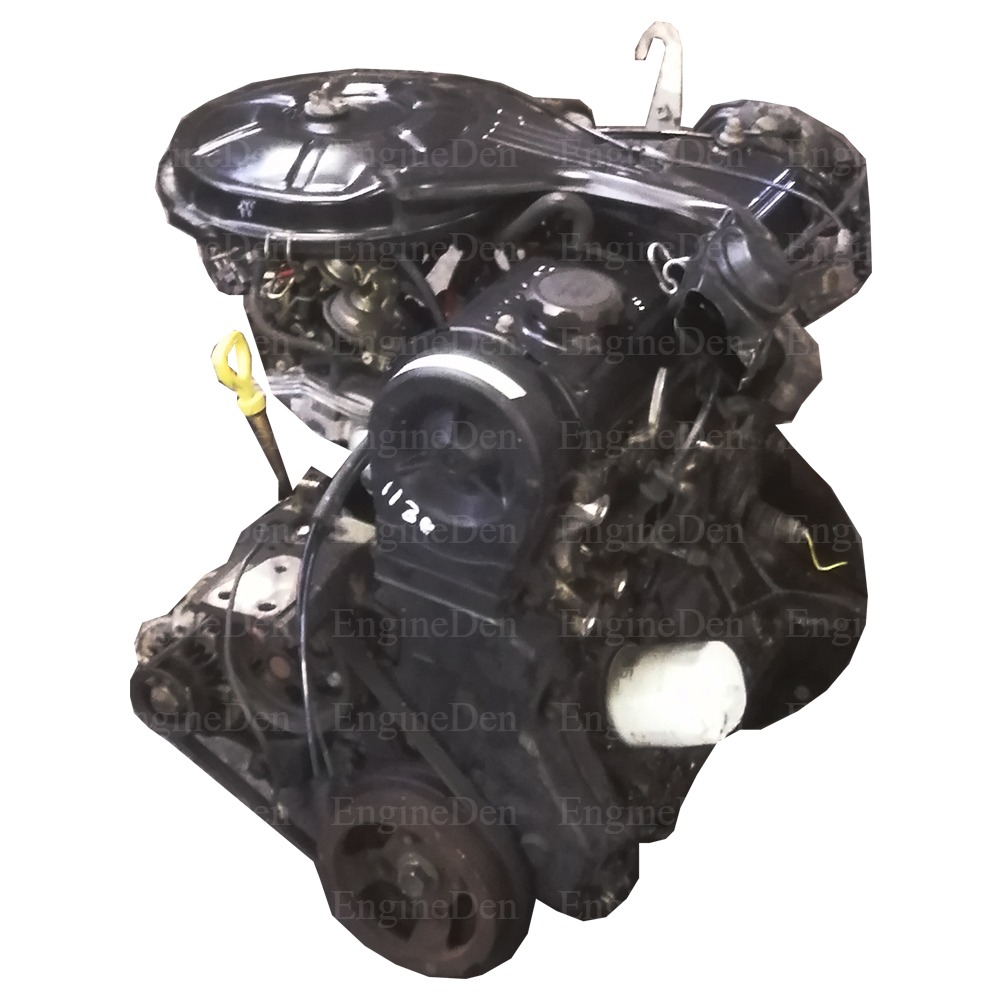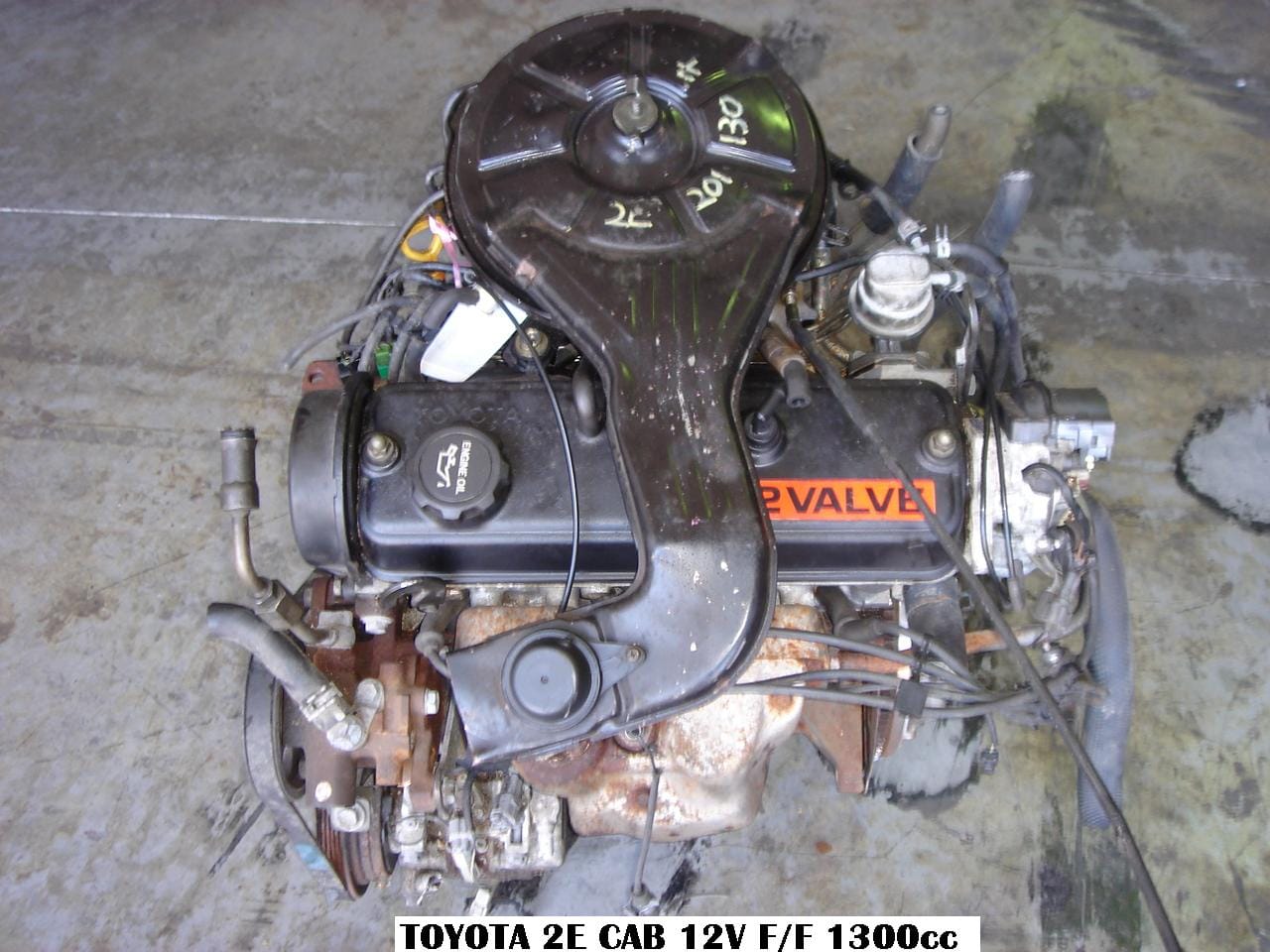Change Your Automobile: Toyota Tazz Engine for Sale at Unbeatable Costs
Change Your Automobile: Toyota Tazz Engine for Sale at Unbeatable Costs
Blog Article
Engine Purchasing Specialist Tips on Picking the Right Engine for Your Details Needs
Selecting the right engine for your details needs involves a complex interplay of elements that exceed mere horse power numbers. From power result to sustain performance, the decision-making procedure can be intimidating. Recognizing the nuances of engine types, sizes, and their compatibility with your vehicle is vital. There are experienced pointers that can assist navigate this terrain with self-confidence. By diving into the complexities of power versus efficiency, reviewing gas rankings, and budgeting for long-lasting expenses, one can really maximize their engine selection.
Power Vs. Performance: Discovering the Balance

When picking an engine, it is critical to strike an equilibrium between power and efficiency to fulfill your details demands properly. Power refers to the engine's ability to generate energy for propulsion, identifying factors like acceleration, towing ability, and general performance (Toyota Tazz Engine For Sale). On the various other hand, effectiveness associates with exactly how well the engine uses fuel to create power, affecting factors such as fuel economic climate and environmental kindness
Achieving the appropriate balance in between power and effectiveness is vital because an engine that is as well powerful may consume extreme fuel, leading to greater operating costs and unneeded strain on the atmosphere. Alternatively, an engine that focuses on efficiency over power may cause slow efficiency, especially in demanding situations like towing hefty lots or driving uphill.
To make an informed choice, consider aspects such as your common driving problems, the desired use of the automobile, and your individual preferences. By assessing your demands and top priorities, you can select an engine that strikes the ideal equilibrium between power and effectiveness, ensuring optimum efficiency while minimizing ecological influence and operating expense.
Recognizing Engine Size and Type

Usual engine types include inline engines, V engines, and rotary engines, each with its unique benefits and disadvantages. Comprehending the interplay between engine dimension and kind is essential in choosing an engine that aligns with your specific demands and concerns, whether it be power, effectiveness, or an equilibrium of both.
Consider Your Lorry's Demands
Considering your car's needs is an essential action in the engine choice process to make sure optimal efficiency and performance. It is important to evaluate aspects such as the intended use of the lorry, its weight, pulling capacity, and gas effectiveness demands. If you are looking for an engine for a durable vehicle that will be utilized for towing, you will certainly need a powerful engine with high torque capacities. On the other hand, if you are selecting an engine for a small car mainly made use of for city commuting, gas performance might be a more important variable to consider.

Reviewing Gas Performance Rankings
Examining gas effectiveness ratings is a critical facet of picking the ideal engine for your automobile, making sure expense savings and environmental sustainability. Gas effectiveness scores, generally measured in miles per gallon (MPG) for fuel engines or kilowatt-hours per 100 miles (kWh/100 miles) for electrical engines, suggest how much an automobile can travel on a specific quantity of fuel or electrical power. Higher MPG or reduced kWh/100 miles values indicate extra effective engines, translating to her comment is here lowered fuel costs and reduced carbon exhausts.
Furthermore, contrast different engine choices within the very same car course to identify the most cost-effective selection. Elements such as engine dimension, weight, the rules of aerodynamics, and hybrid or electrical capabilities can all influence gas performance.
Budgeting for Long-Term Costs
Strategically planning for long-term expenditures is important when selecting an engine, guaranteeing financial sustainability over the car's lifespan. While the initial acquisition rate of an engine is a substantial aspect, it is vital to think about the long-term expenses connected with maintenance, repair work, and fuel intake.
Additionally, looking into the accessibility and cost of substitute components for the chosen engine is vital in spending plan planning. Engines with conveniently offered and economical parts can significantly impact long-term upkeep costs. Additionally, taking into consideration the engine's longevity and expected lifespan can assist avoid unanticipated replacement prices in the future. By very carefully budgeting for these long-term expenditures and factoring them into the decision-making procedure, individuals can pick an engine that not only fulfills their immediate demands but additionally remains cost-efficient throughout its life expectancy.
Conclusion
In verdict, choosing the best engine for your specific demands needs stabilizing power and efficiency, understanding engine size and type, considering your automobile's needs, assessing gas performance rankings, and budgeting for long-term costs. By meticulously considering these factors, you can make sure that you select an engine that fulfills your demands and provides optimum performance for your vehicle.
To even more fine-tune the choice process of an engine that strikes the ideal balance in between power and effectiveness, it is vital to dive right into the intricacies of understanding engine size and type. Engine size refers to the total volume of air and gas that can be pressed via the engine cyndrical tubes. Usual engine kinds consist of inline engines, V engines, and rotating engines, each with its special benefits and disadvantages. Comprehending the interplay between engine you can check here size and kind is important in choosing an engine that lines up with your particular needs and priorities, whether it be power, performance, or an equilibrium of both.
Gas effectiveness rankings, generally measured in miles per gallon (MPG) for gasoline engines or kilowatt-hours find per 100 miles (kWh/100 miles) for electrical engines, show exactly how far a vehicle can take a trip on a details quantity of fuel or electricity.
Report this page